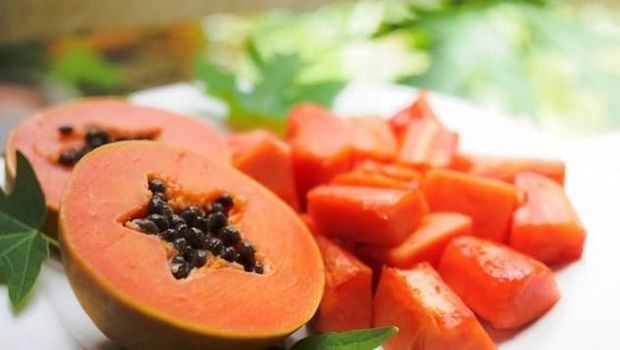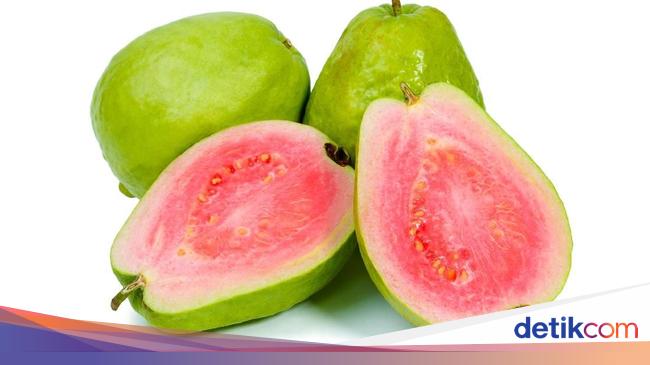Jakarta –
Vitamin C is a water-soluble vitamin found in many foods, especially fruits and vegetables. This vitamin is known as a powerful antioxidant.
In addition, this vitamin which is also called ascorbic acid has a positive effect on skin health and immunity, for the synthesis of collagen, connective tissue, bones, teeth, and your small blood vessels.
The human body cannot produce or store vitamin C on its own. Therefore, it is very important to consume adequate amounts of it regularly.
Daily Values (DV) or the current daily value for vitamin C is 90 mg. Less than that you can experience bleeding gums, frequent bruising and infections, poor wound healing, anemia, and scurvy.
1. Guava Seeds
|
guava Photo: iStock— |
This pink fleshy tropical fruit is native to Mexico and South America. Guava contains 126 mg of vitamin C, or 140% of the DV.
This fruit is very rich in the antioxidant lycopene.
A six-week study involving 45 young and healthy people found that eating 400 grams of peeled guava per day, or about 7 of these fruits, significantly lowered their blood pressure and total cholesterol levels.
2. Papaya
 “It can grow at high altitudes (over 2,000 m), and is the cold-tolerant plant.Like the papaya, the babaco is grown for its edible fruit and for its fruit juice. Cultivation away from its native range has been successful as far south as New Zealand, in California, some regions of England, and north to Guernsey, Channel Islands, and somewhat also in Italy (mostly Sicily and Calabria).” Foto: iStock— “It can grow at high altitudes (over 2,000 m), and is the cold-tolerant plant.Like the papaya, the babaco is grown for its edible fruit and for its fruit juice. Cultivation away from its native range has been successful as far south as New Zealand, in California, some regions of England, and north to Guernsey, Channel Islands, and somewhat also in Italy (mostly Sicily and Calabria).” Foto: iStock— |
One cup (145 grams) of papaya provides 87 mg of vitamin C, or 97% of the DV.
Vitamin C also aids memory and has a strong anti-inflammatory effect on your brain.
In one study, 20 people with mild Alzheimer’s were given concentrated papaya extract for six months. The results showed a reduction in inflammation and a reduction in oxidative stress by 40%.
3. Strawberries
Fruits that contain other vitamin C namely strawberries. One cup portion of strawberries (152 grams) provides 89 mg of vitamin C, or 99% of the DV.
Strawberries contain a mixture of vitamin C, manganese, flavonoids, folate and antioxidants.
Research has shown that because of their high antioxidant content, strawberries can help prevent cancer, vascular disease, dementia, and diabetes.
One study in 27 people with metabolic syndrome found that eating frozen strawberries every day – the equivalent of 3 cups of fresh – reduced risk factors for heart disease.
By the end of the eight-week study, their levels of “bad” LDL cholesterol had decreased by 11%, while their levels of the inflammatory marker VCAM had decreased by 18%.
– .


